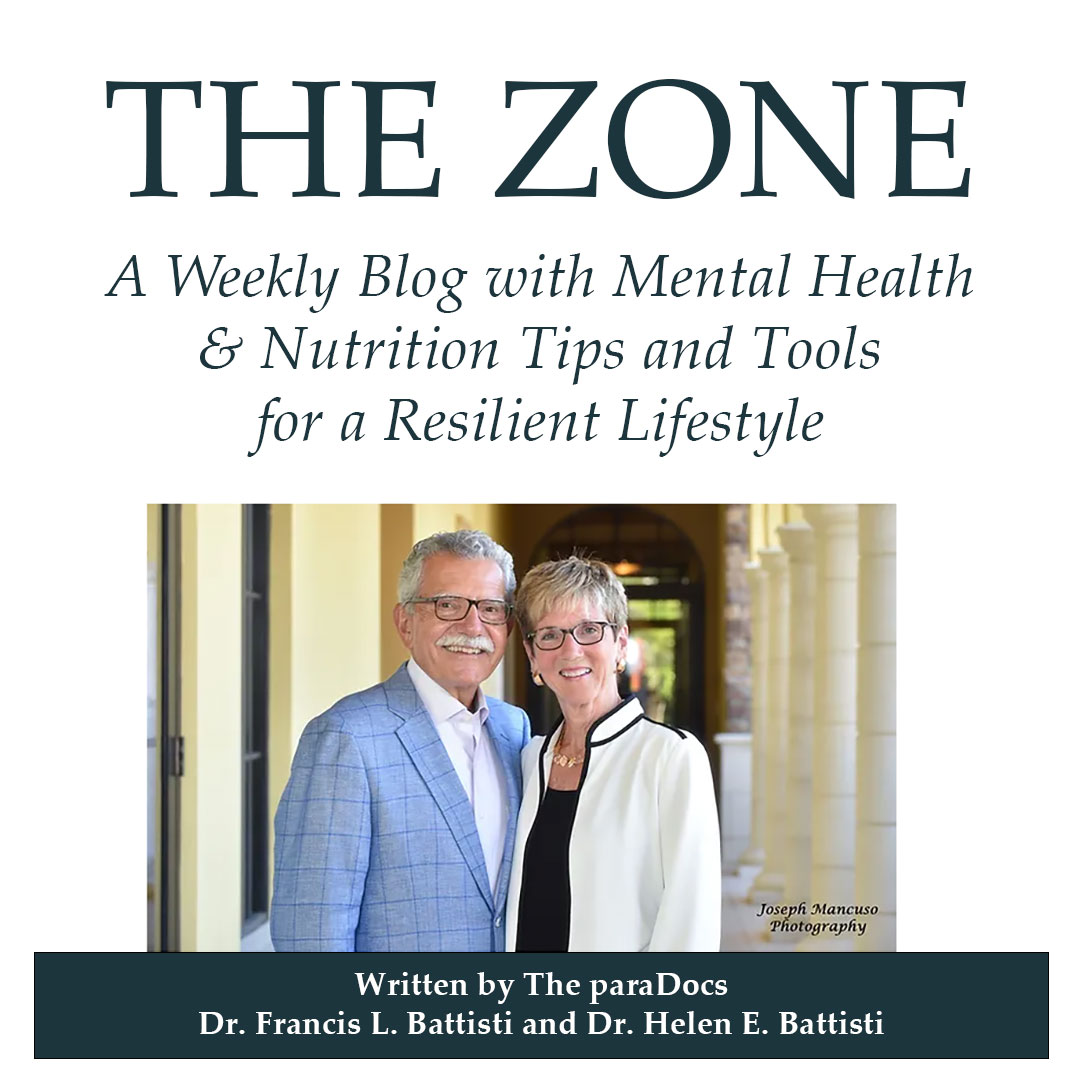
What are some better ways of handling conflictual conversations?
When working with coaching clients and in general, consulting with organizations, this is a question that is consistently asked. While most individuals choose to ignore conflictual situations, the result is decreased productivity, decreased self-esteem and overall decrease of trust with the team, department and within oneself. It also has a negative economic impact on the organization and individual careers.
Learning how to address difficult conversations has the benefit of leading to greater success and fulfillment in one’s life. Addressing perceived wrongs and/or disagreements before they become major issues is a skill that will serve you well. It has been suggested that employees spend approximately three hours per week dealing with difficult situations and this means major costs for them and their employer.
There are many different definitions to conflict. The definition we choose to work with is, “Conflict is the struggle that results from incompatible or opposing needs, drives, wishes or demands.” A key ingredient to this definition is that while we may have specific needs, wants and drives, the other individual also has specific needs, wants and drives. Although they may be opposing views, each person believes that they are correct in their assessment.
Some of the causes of conflict may include:
-
Poor communication.
-
Simple misunderstanding.
-
Different values.
-
Different goals and/or different objectives.
-
Overlapping responsibilities or boundaries.
-
Time pressures.
-
Lack of trust.
-
Competition of limited resources.
-
Ethnic or cultural differences
-
Are there additional issues that you find cause conflict?
Fundamentals to setting the environment for resolution of conflicts are an understanding/inquisitive mind and listening. Furthermore, it is about acknowledging and appreciating differences. It is clearly not about winning and losing. We often encourage individuals to seek the 3rd option. The resolution may contain elements of both opposing sides and become stronger as we understand each other. This level of understanding can derive from asking questions rather than having the answers. As we gain a clearer understanding of each others’ point of view, differences tend to fade, and similarities start to emerge.
Some suggestions for resolving conflicts, may include the following:
-
Do your homework.
-
Find points of agreement.
-
Begin positively and express support.
-
Maintain and enhance self-esteem.
-
Express, listen and watch for feelings.
-
Be conscious of visual and vocal messages.
-
Focus on behavior, not personality.
-
Stay flexible in your style.
-
Summarize to test understanding.
-
Suggest alternatives.
-
Consider the needs of the other person.
While there are additional techniques for resolving conflicts, these concepts offer a solid foundation to build upon.
Key Takeaways
-
Understanding is the gift that comes from listening.
-
It is important to move from stalemate to resolution.
-
Identify the disagreement as a mutual problem.
Best Practices
-
Choose time and place carefully.
-
Change behaviors, not people.
-
Find something to agree upon.
Things to Limit
-
Thinking you know what the other person is going to say, before they say it.
-
Believing that there must be a winner and a loser.
-
Thinking that conflict is unnatural.
We think Peter Bromberg summarizes why it’s important to confront conflictual situations by stating, “When we avoid difficult conversations, we trade short-term discomfort for long-term dysfunction.”
Quote of the Week
“If you have learned how to disagree without being disagreeable, then you have discovered the secret of getting along-whether it be business, family relations, or life itself.”
~Bernard Meltzer
The paraDocs are Dr. Francis L. Battisti, PhD, Psychotherapist, Distinguished Psychology Professor and former Executive V.P and Chief Academic Officer and Dr. Helen E. Battisti PhD, RDN, CDN, Chief Nutrition Officer, at SpNOD, Health Promotion Specialist, Research and Clinical Registered Dietitian Nutritionist and former Assistant Professor.
We have developed “The ZONE”, because that is exactly where you want to be during this pandemic. A place of focused attention to doing exactly what needs to be done to get you to where you need to be. The purpose of The Zone is to provide a nationally distributed weekly mental-health and nutrition tip-sheet during times of change.
If you would like to read past volumes of The ZONE or would like to start receiving The ZONE, please visit the Battisti’s website www.battistimanagement.com/thezone.

